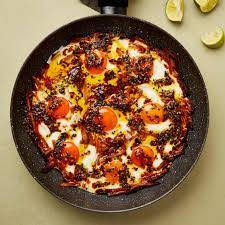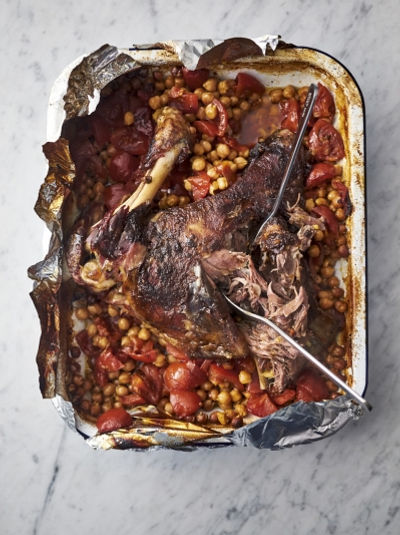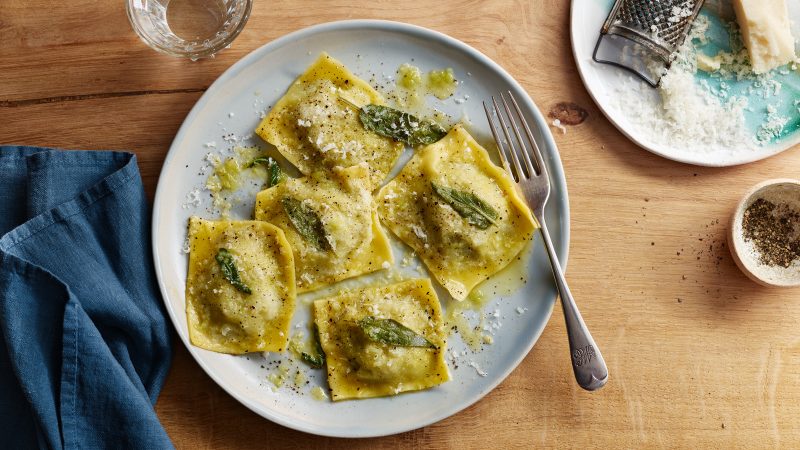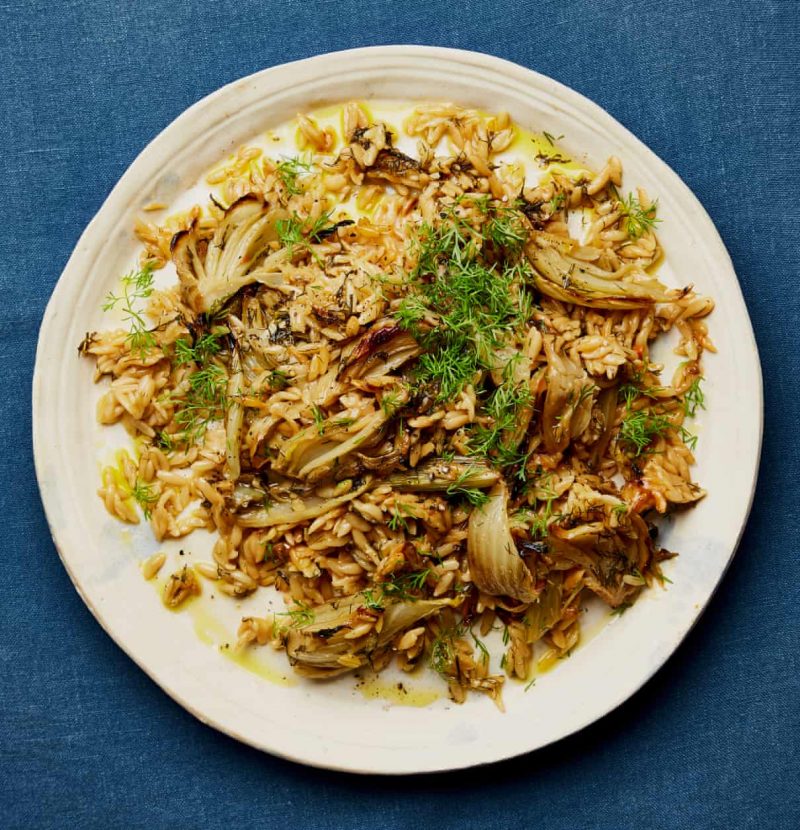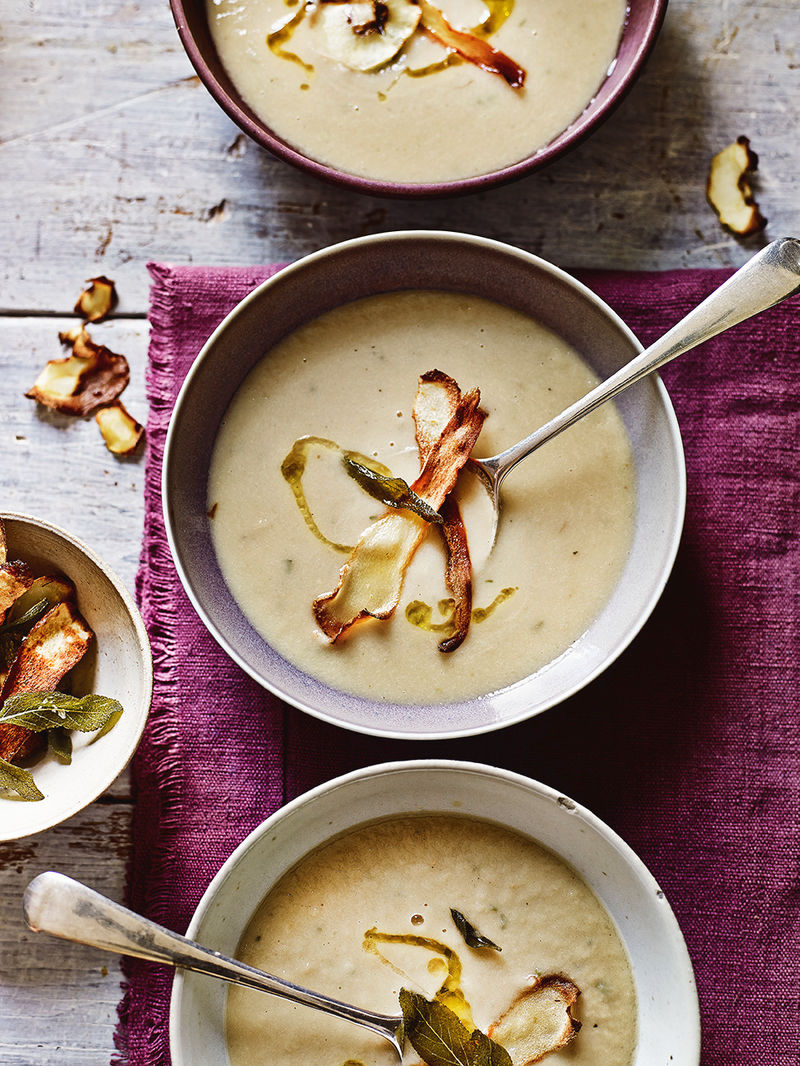Ingredients
- 2 –3 large baking potatoes peeled and cut into 4cm x ½cm batons (380g)
- 1 small kohlrabi peeled and cut into 4cm x ½cm batons (160g)
- 1 tbsp gochujang chilli paste adjust according to the brand you are using; see p. 18
- 2 tsp white miso paste
- 2 small garlic cloves crushed
- 3 tbsp olive oil plus extra for greasing
- 8 eggs
- 1 lime cut into wedges, to serve salt
SALSA
- 1 tbsp lime juice
- 1 tsp gochujang chilli paste adjust according to the brand you are using; see p. 18
- 2 tbsp olive oil
- 2 tsp chives finely chopped
- 2 tsp white or black sesame seeds preferably a mixture of both, toasted
Instructions
- Preheat the oven to 200°C fan. Lightly grease a large 28cm non-stick sauté pan, for which you have a lid, or a similar-sized round ovenproof dish, and transfer it to the oven to heat for 5 minutes.
- In a large bowl, combine the first six ingredients and ¼ teaspoon salt until thoroughly coated (this is easiest with gloved hands). Remove the pan from the oven, tip in the potato mixture and spread out evenly. Bake for 25 minutes, uncovered, rotating the pan halfway through cooking until golden-brown and crisp on top.
- Make eight wells with the back of a spoon. Crack an egg into each hole, then cover the pan with the lid and return it to the oven for 8–10 minutes, or until the whites are cooked and the yolks are still runny. Use a small spoon to carefully peel away the white film that has formed over the eggs, if you like, to reveal the yolks beneath. Season them with a little salt.
- Mix all the ingredients for the salsa together in a small bowl, drizzle over the eggs and serve straight from the pan, with the lime wedges squeezed on top.
Notes
From Flavour Book: Pg 99
Eggs are baked nestled inside a giant rösti with a crispy bottom here, a bit like an American breakfast of hash browns and eggs, all in one pan. If you’re not a fan of kohlrabi, feel free to use potato only, though we like the complexity that kohlrabi brings with it. Try to stick to ½cm batons for the vegetables and not grate them, because you won’t get the crispiness you’re after when they’re grated. You can achieve this using a sharp knife or, more conveniently, with a mandolin or a food processor with the appropriate attachment. Prep the vegetables just before you cook them, so they don’t get soggy. Try to source good-quality gochujang, a Korean fermented chilli paste (see more on p. 18), and not the generic supermarket brands. It makes all the difference.
